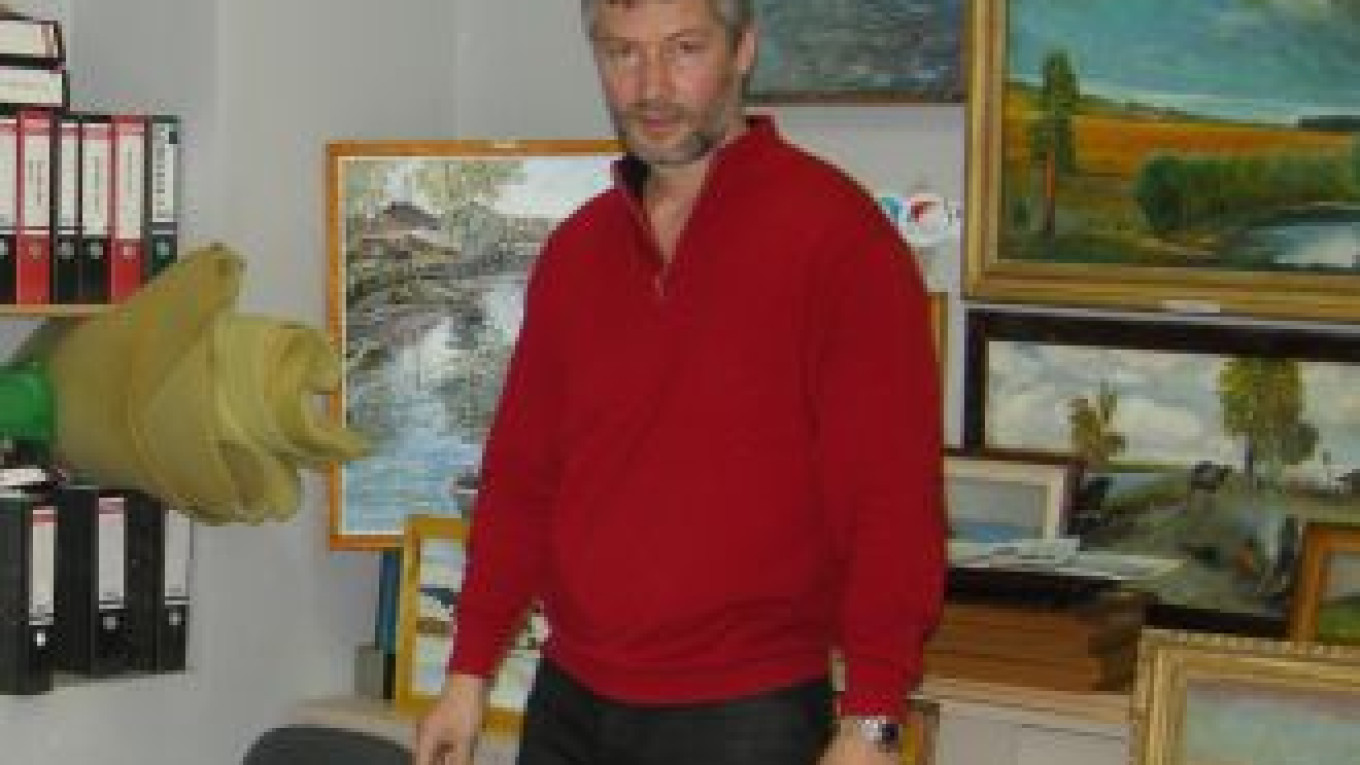Police raided the women's quarters of a Yekaterinburg-based drug rehabilitation center Sunday after investigators accused the center of beating and illegally detaining patients.
"They're taking the women's center by storm. Thirty guys from the Interior Ministry's rapid-response unit. They tried to smash in the door but weren't able to. The girls [patients in the center] opened it themselves," Yevgeny Roizman, founder of the Center Without Drugs Foundation, wrote on his LiveJournal page.
According to Roizman, police detained three female patients and one male patient over the course of the raids.
The head of the press service for the local branch of the Interior Ministry, Valery Gorelykh, later confirmed to RIA-Novosti that raids were taking place "in a so-called rehabilitation center" in connection with an open criminal case on kidnapping charges.
Gorelykh said officers had sawed down the grille and door of a cell and seized a key for a set of handcuffs. He added that officers had found seven girls in the center.
Police have been searching City Without Drugs Foundation centers since June 17, when one of the center's female patients died after being hospitalized.
Roizman has claimed that police pressure is the authorities' way of harassing him for his opposition views and said the patient's drug dependency was to blame, writing on his blog that her immunity was low as she used heroin and krokodil (a homemade opiate).
"She injected for several years. Heroin. And krokodil for the last year. She was ill with everything and had no immunity. All this and with two children," he wrote on LiveJournal.
But police have since opened two separate criminal cases against Roizman's center after patients came forward claiming staff had assaulted them and locked them up against their will.
"In particular, they [the patients] said they were subject to daily humiliation and physical violence by the staff of these centers," a police spokesman told the Vzglyad online news site.
Several Yekaterinburg nongovernmental organizations on Wednesday nominated Roizman, who has been the target of police raids before, for a position on the presidential human rights council, Roizman wrote on his blog.
A Message from The Moscow Times:
Dear readers,
We are facing unprecedented challenges. Russia's Prosecutor General's Office has designated The Moscow Times as an "undesirable" organization, criminalizing our work and putting our staff at risk of prosecution. This follows our earlier unjust labeling as a "foreign agent."
These actions are direct attempts to silence independent journalism in Russia. The authorities claim our work "discredits the decisions of the Russian leadership." We see things differently: we strive to provide accurate, unbiased reporting on Russia.
We, the journalists of The Moscow Times, refuse to be silenced. But to continue our work, we need your help.
Your support, no matter how small, makes a world of difference. If you can, please support us monthly starting from just $2. It's quick to set up, and every contribution makes a significant impact.
By supporting The Moscow Times, you're defending open, independent journalism in the face of repression. Thank you for standing with us.
Remind me later.


